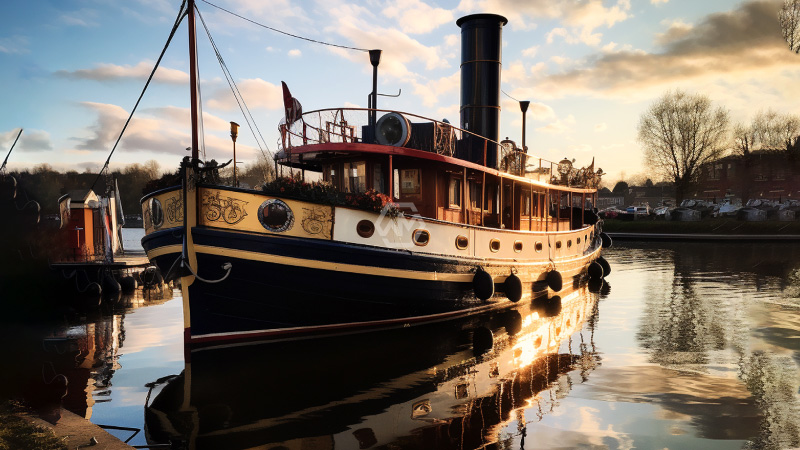- Nordlys, built in 1887 in Lowestoft, returns home after 138 years.
- Former herring drifter to be transformed into eco-friendly research vessel.
- Owner William Lund aims to raise £700,000 for the ship’s restoration and future mission.
The Nordlys, a 138-year-old fishing vessel originally known as the Jubilee, has returned to its birthplace in Lowestoft, Suffolk, after spending over a century abroad.
Now owned by 25-year-old sailor William Lund, the vessel is set for a new chapter. Lund hopes to raise £700,000 to convert the Nordlys into an eco-friendly research ship that scientists can use to study the marine environment.
Sailing Through Time: 19th-Century Ship Returns to Chart a Greener Future
Built in 1887 during the height of Lowestoft’s fishing heyday, the Jubilee—now Nordlys—represents a rare surviving example of a wooden sailing drifter. Its original purpose was to catch herring in the North Sea, a lifeline industry for many British coastal communities at the time.
After being sold to Norwegian owners in 1910, the ship began a new life far from English shores. Over the years, it adapted to changing needs, eventually becoming a cargo vessel for transporting goods like wine and olive oil across European waters.
The coronavirus pandemic left the ship moored in the Netherlands, where it sat unused. Recognizing its historical value, Lund embarked on a mission to bring the Nordlys back home, successfully sailing it across the North Sea in a 27-hour journey.
Lund, an experienced sailor, was struck by the vessel’s agility and spirit. He envisions not just restoring the ship, but giving it a new role as a tool for marine research. With eco-friendly upgrades, the Nordlys could soon sail again—this time for science and sustainability.
The Nordlys stands as a living link between past and future—its sails once filled with history, now set to be filled with purpose. If restored, it could become a floating symbol of both heritage and hope.
“Preservation of one’s own culture does not require contempt or disrespect for other cultures.” – Cesar Chavez



